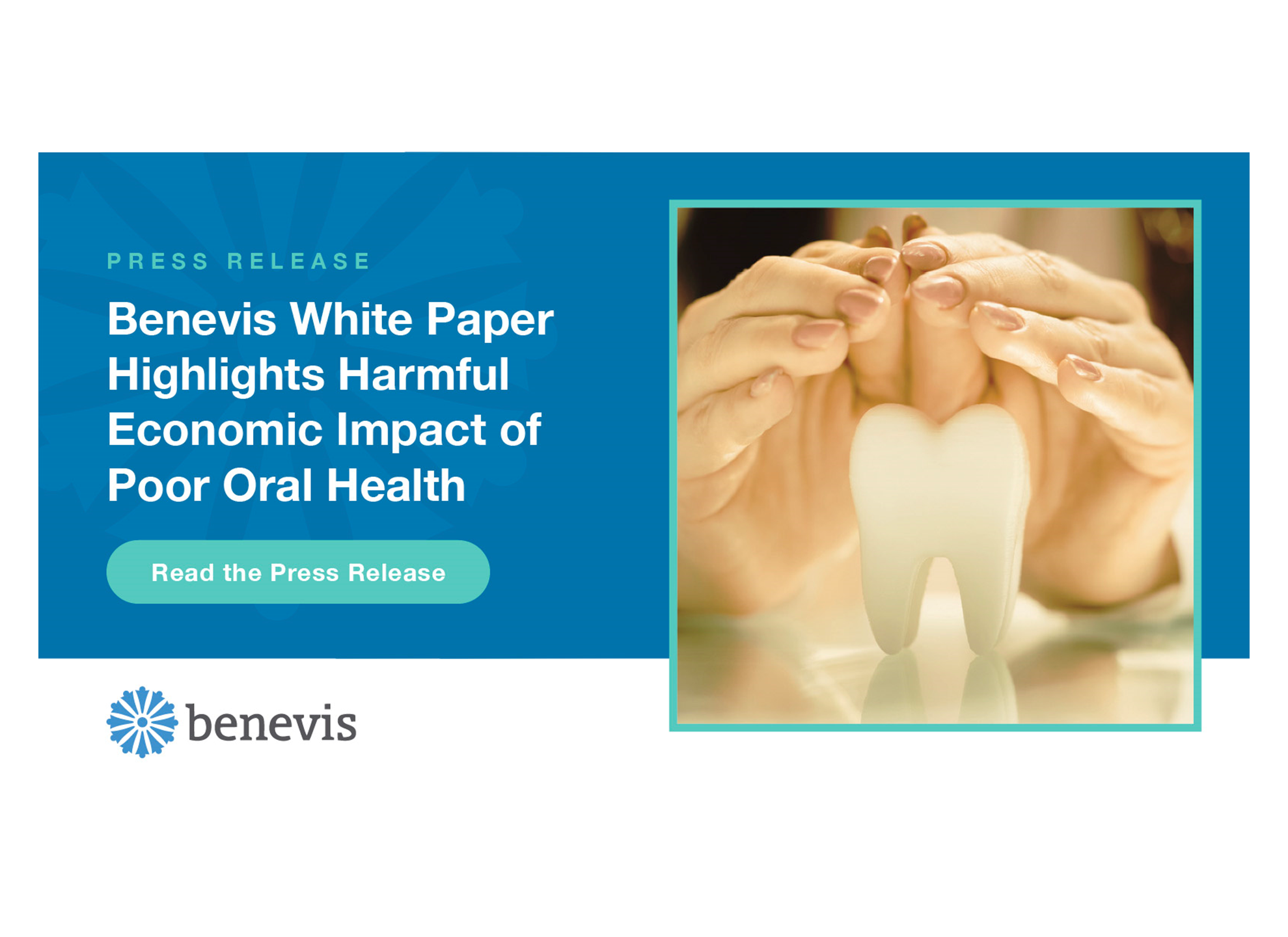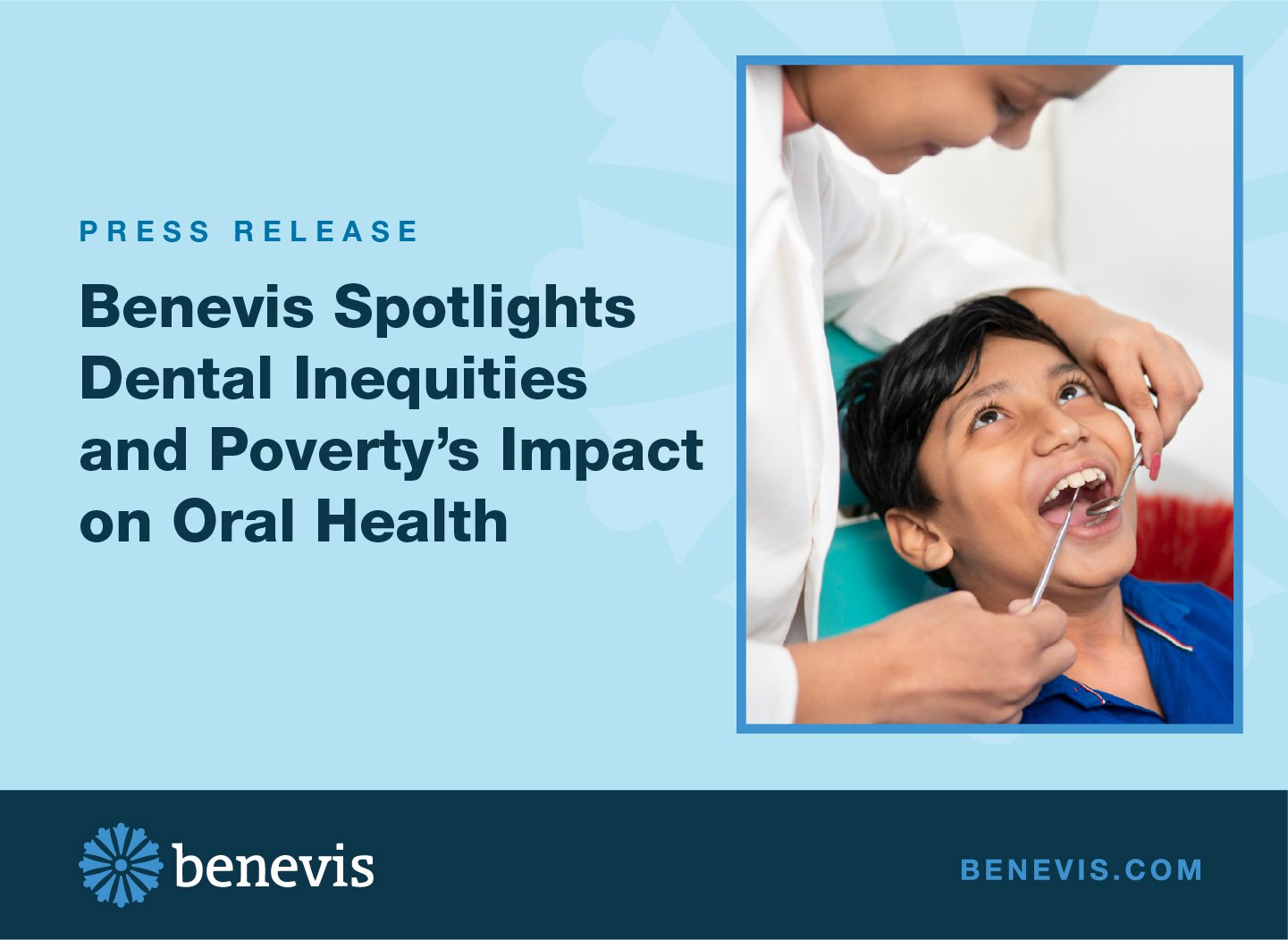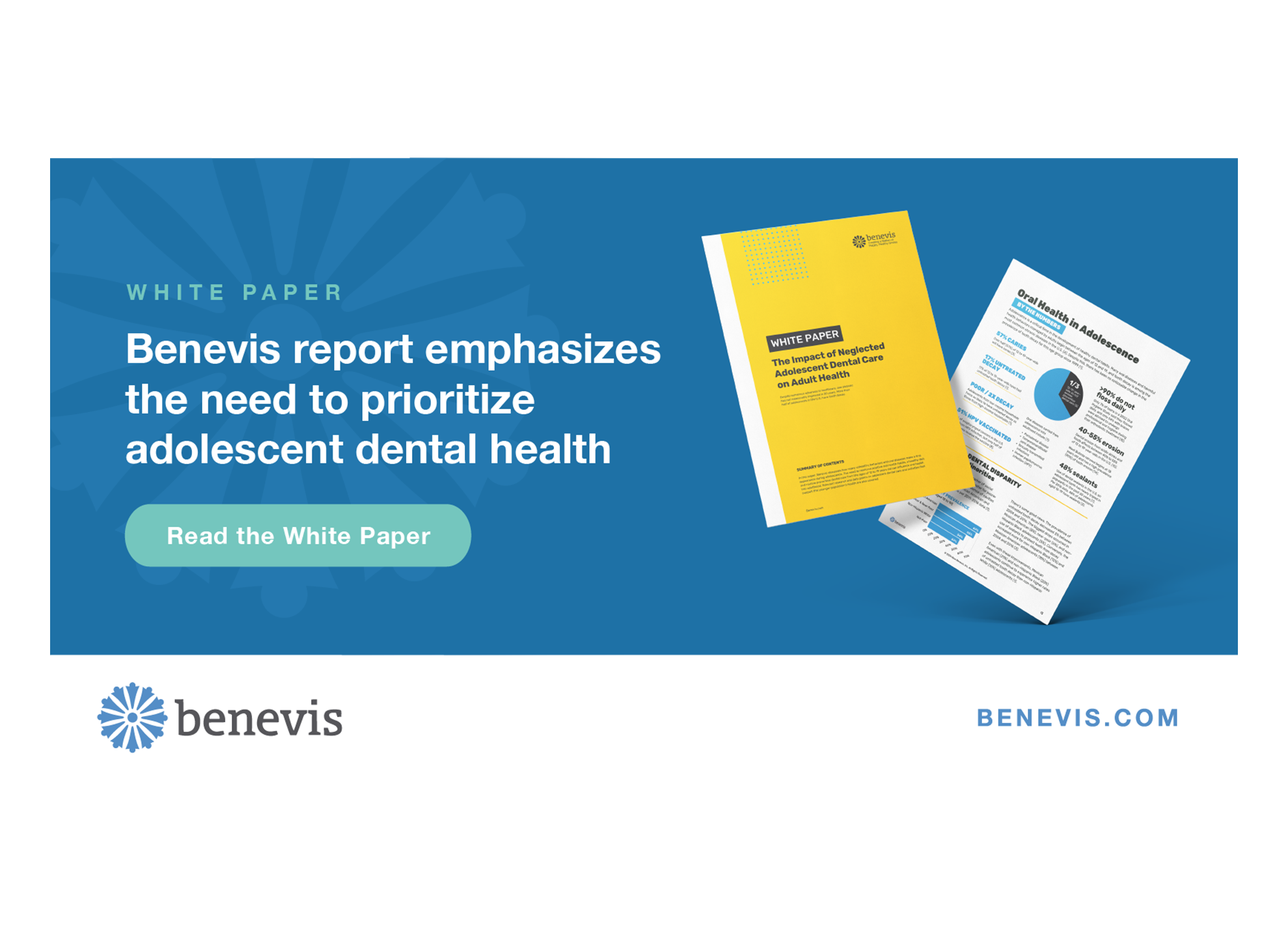How Poor Oral Health is Affecting Americans’ Wallets
We all know that maintaining good oral health is vital for our overall well-being, but did you know that it also has a significant impact on your wallet? Poor oral health can lead to a wide range of health problems and cause immense financial strain for individuals and the healthcare system. In this blog post, we will take a closer look at how much poor oral health costs Americans and explore some of the contributing factors.
The cost of poor oral health in America is shocking. As per a study conducted by the National Institute on Minority Health and Health Disparities, health disparities stemming from health cost the United States an astounding $451 billion. Furthermore, this cost has increased by 41% since 2014. The study also highlighted that productivity losses related to oral disease in the U.S. amounted to around $45.9 billion in 2015, higher than any other country in the world. This amount represents a severe financial strain on the country, making it imperative that we address these issues.
Unfortunately, a lack of access to regular dental care is a significant factor leading to the economic consequences of poor oral health. Even today, every 15 seconds, someone visits an emergency room due to a dental issue, resulting in an annual cost of $2.7 billion to the healthcare system. Additionally, missed hours at school and job productivity losses due to neglected and delayed dental care add up to billions of dollars every year. Racial and ethnic health disparities also make dental care inaccessible for many individuals and families, further exacerbating the situation.
The insufficient dental insurance coverage that some Americans have is also a major problem. Almost 67 million Americans, nearly a quarter of the population, have no dental insurance coverage, compared to 26 million Americans without health insurance. This lack of coverage makes dental care unattainable for many, with only 36 states covering beyond emergent dental requirements for adults beyond Medicaid. Difficulty finding dental providers can lead to neglected oral health and greater problems and costs later in life, escalating problems.
Putting off dental care has a considerable impact on oral health, with 92% of adults considering postponing it due to the associated costs. Left untreated, dental issues can lead to significant healthcare expenses and negative effects in other areas of life, from millions of hours of missed school and workdays. Workforce participation productivity losses associated with dental health issues total about $45 billion each year.
It is clear from these staggering statistics that poor oral health has immense financial implications and long-term health consequences as millions of Americans struggle to afford basic dental care. That is why it is so important to improve access to affordable and sustainable dental care to mitigate the financial burden of oral health issues. By investing in earlier, regular preventive care, Americans can decrease the prevalence of costly dental problems in the future. Addressing this problem is crucial to ensure the health and well-being of all Americans while also reducing the economic impact of poor oral health on individuals and the healthcare system.
To learn more, read the Benevis White Paper: The Price of Poor Oral Health in the U.S. here.


